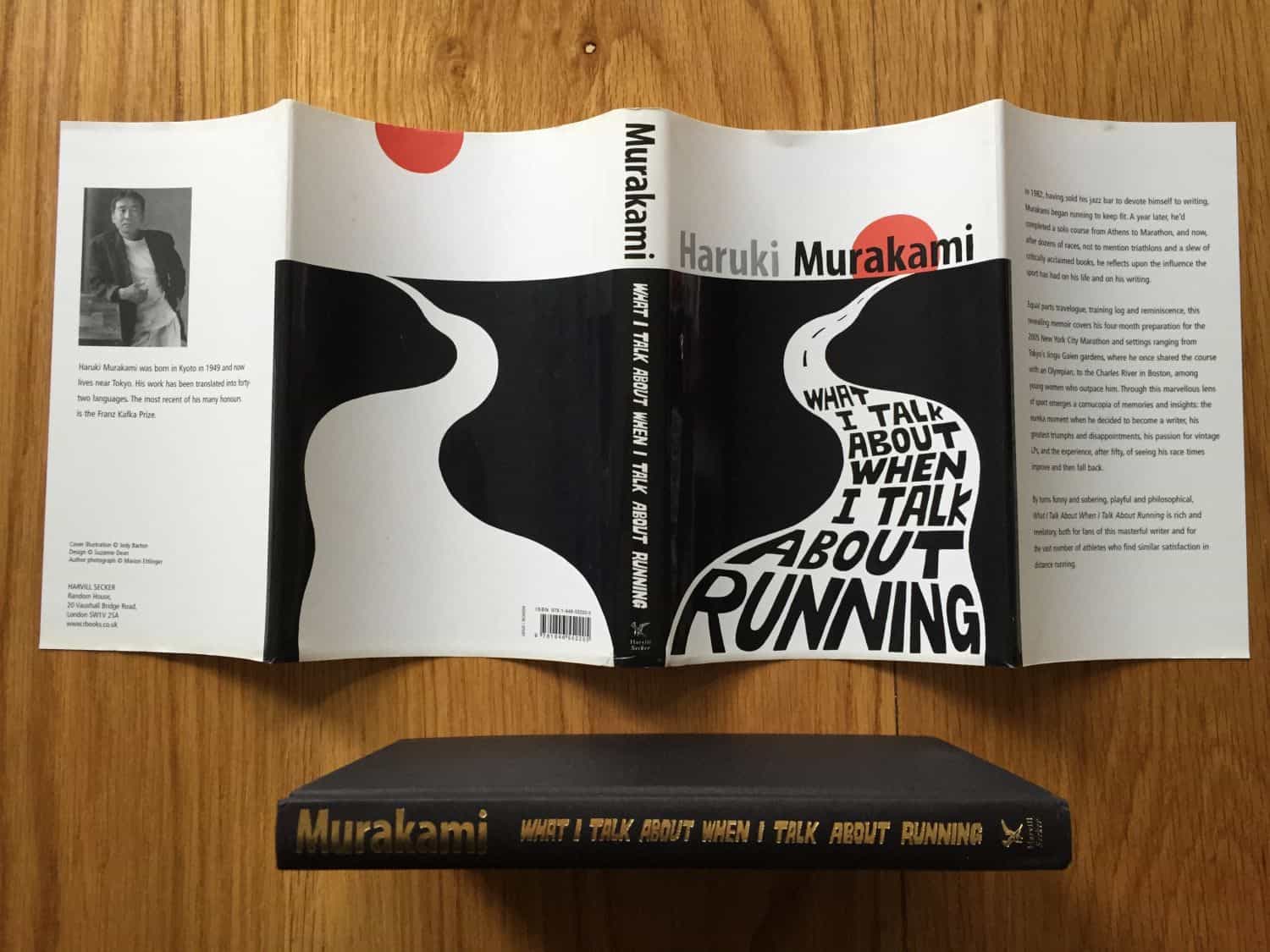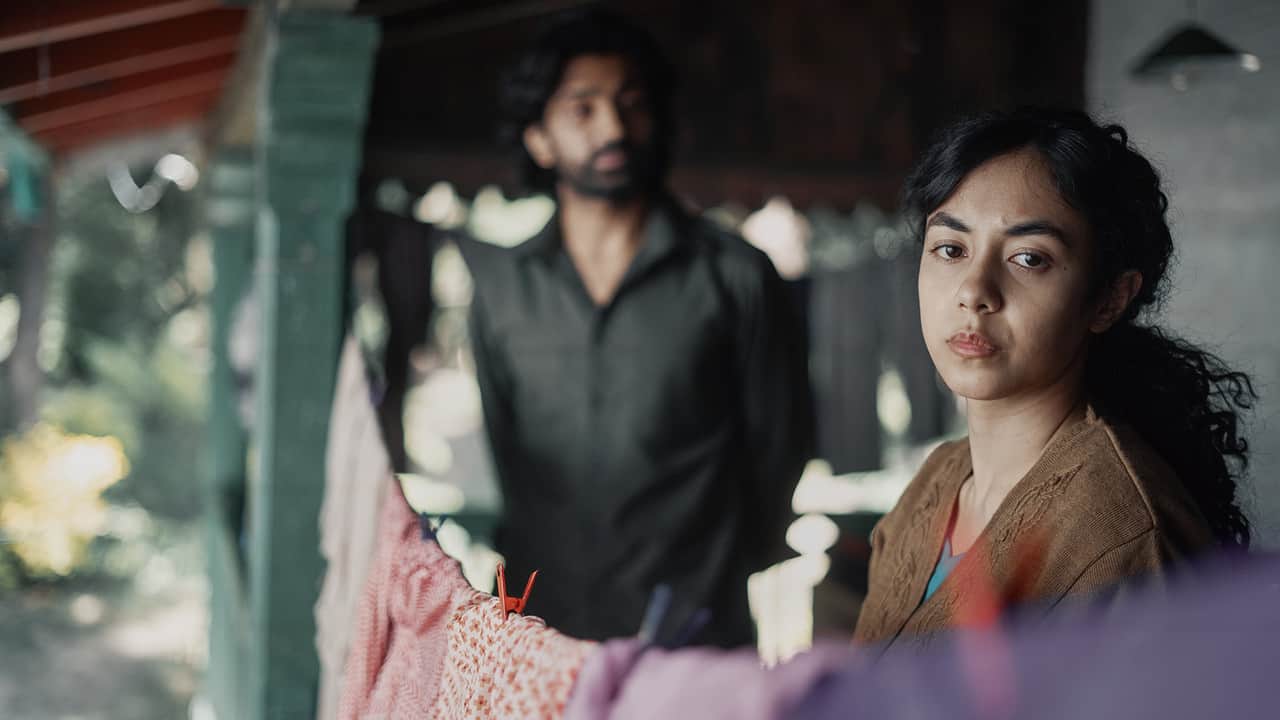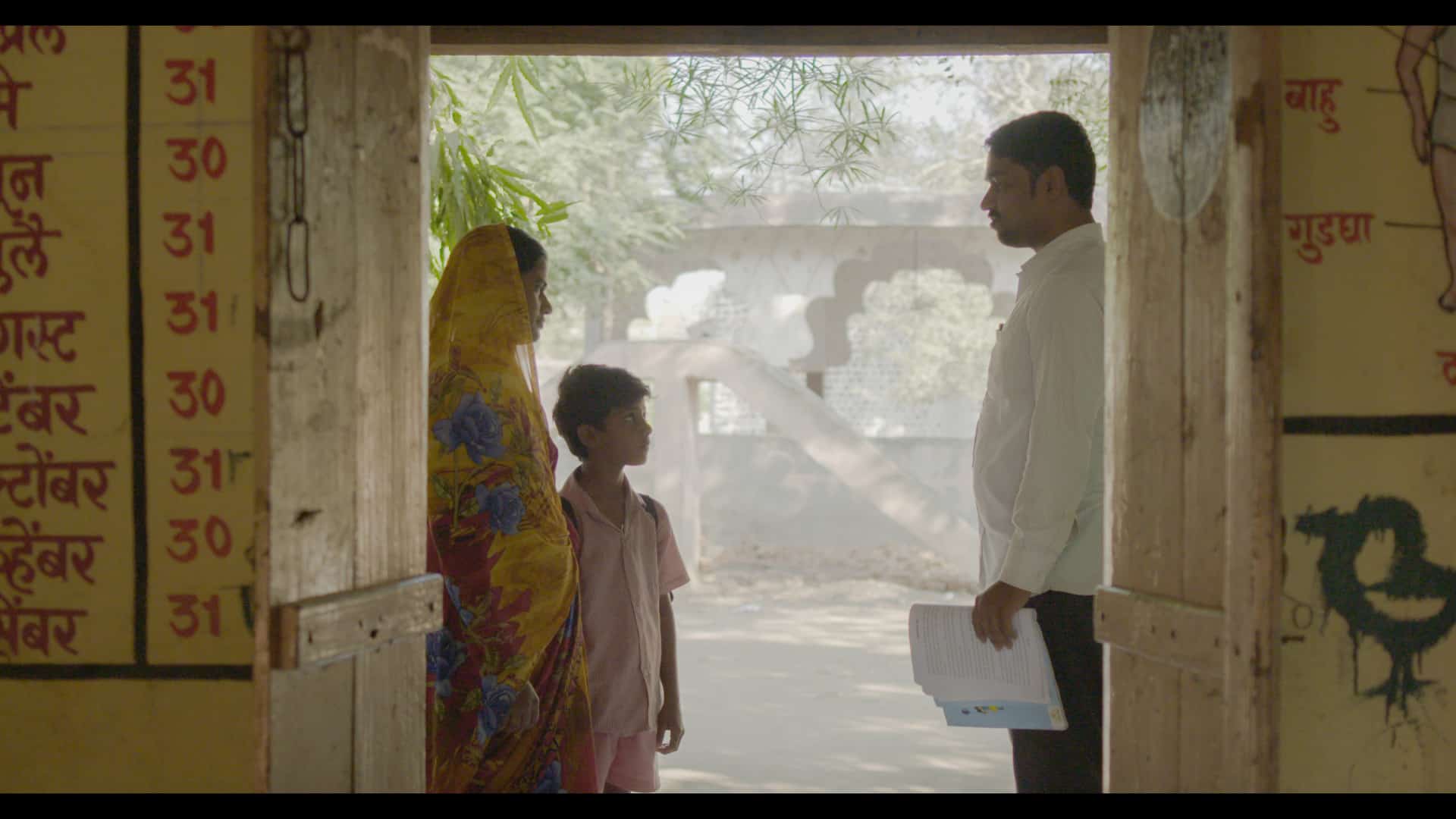Headed by actress-turned-director Virginia de Witt and Koji Ueda, a Kyoto-born Tokyo-based director, photographer, and filmmaker, “Karita” is a film inspired by the manga series “Nana”, while trying to answer the question, what if “Lost in Translation” was cast with the “Fleabag” character. The 17-minute short will be premiering at the Dances With Films Festival on June 22nd in Los Angeles.
Karita review is part of the Submit Your Film Initiative

The film begins with a series of impressive images from nighttime Tokyo, while the ominous music suggests that something dangerous is about to happen. The next scene has two women walking in the streets during the day, as Nico, an American, is shown around Tokyo by her friend
and supervisor at a local record store, Rumi. The camera is shaky and the cuts frantic, while there is a different dialogue heard in the background. The next, dominated by neon pink lights scene, brings us to the location the dialogue is taking place, inside a bar, where the two girls are talking to two boys and one girl, with Nico asking them if they have ever done anything dangerous. One of the boys, Ren, starts talking about people stealing cars. Nico shares her own experience in the US, which makes everyone in the table rather amused.
The night continues with a lot of drinking and eventually, Rumi decides to go home, cautioning her friend not to do anything stupid, before she goes. The next scene takes place in a garage with a sports car, which belongs to the uncle of the second of the boys in the company, Kenji. Suki, the other girl, who is quite drunk, insists they take the car for a drive, despite the yakuza-like uncle having specifically cautioned his nephew otherwise. In the end, with Ren in the driver's seat, they take a drive around Tokyo.
Unfolding much like a road-movie/music video, “Karita” will definitely stand out due to its impressive visuals, with Koi Ueda's cinematography, in combination with the impressive lighting and coloring, capturing night time Tokyo in the most impressive fashion. Curtis Anthony Williams's frequently frantic editing also adds to this sense, while the rather fast pace definitely suits the overall aesthetics here.
At the same time, there is a part of the movie that is quite realistic as the group visit various locations, as a pier, a convenience store, the record store, and the aftermaths of getting drunk and doing stupid things is also highlighted. A pinch of humor, as in the whole concept of the uncle and Suki's actions, and some notions of romance, cement the rather entertaining narrative here.
Virginia de Witt plays the foreigner that tries to appear cool in order to fit in with gusto, while Haruka Hirata as Rumi is quite convincing as the “cautious” friend, with the chemistry of the two also being on a very high level, presenting a rather kawaii relationship between them. The other actress that stands out here is Mika Ushiko, who is quite convincing as the drunk Suki.
As mentioned before though, the aspect that makes “Karita” stand out is definitely its production values, which are on a level very rarely met in short films, while being the main reason the movie definitely deserves a watch. All in all, a very appealing film, in an effort that intrigues on what the filmmakers could do with a bigger budget in their hands, that would allow them to explore the script and the characters more.













